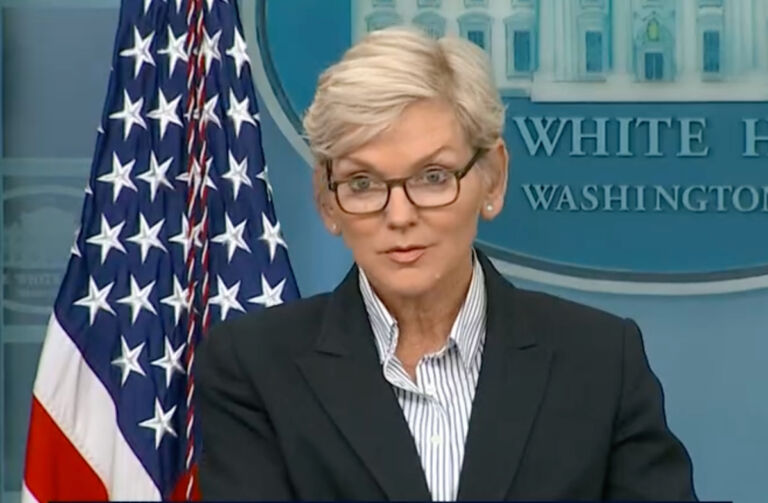Dem. Gov. Roy Cooper has seemingly taken every opportunity to promote renewable energy in North Carolina – and just as often stymie advancement of other energy sources like natural gas (see his treatment of the Atlantic Coast Pipeline). In his research brief this week, Dr. Don van der Vaart examined Gov. Cooper’s “Clean Energy Plan.” Dr. van der Vaart writes:
Gov. Roy Cooper published a “Clean Energy Plan” (CEP) for North Carolina last year and appears to be acting on it to the extent he can. This plan contains many of the same goals and aspirations as the “Green New Deal” pushed by hardcore leftists like Rep. Alexandria Ocasio-Cortez et al.
This plan does not appear to put affordability or reliability of energy sources at the forefront. Dr. van der Vaart writes:
Cooper’s CEP has some components that address energy, but they appear to be more focused on social engineering than energy engineering. They would lead to higher electricity costs, cause electricity shortages, ignore viable strategies, and may well exacerbate global warming to the extent that manmade emissions of greenhouse gases (GHGs) play a role.
Dr. van der Vaart predicts the outcomes of Cooper’s plan:
First, since they don’t consider higher energy prices necessarily a bad thing, expect an increase in electricity costs.
Second, expect nuclear energy to be completely ignored or worse.
Third, even though Duke Energy has moved to replace more coal-fired units with natural gas units, expect Cooper to discourage adding efficient natural gas units in favor of more intermittent sources like solar and wind. It’s the same strategy that has achieved rolling blackouts in California. We should not be surprised to see rolling blackouts in our future as well.
Most paradoxically, Cooper’s plan has the potential to make North Carolina’s energy grid less green. Dr. van der Vaart writes:
Perhaps ironically, we will also see that Cooper’s strategy of replacing dispatchable energy sources with intermittent sources is a net harm to the environment. As we learned last year, Duke Energy is having to seek revisions to air quality permits around its power plants to better manage the air pollution caused by taking on additional solar power.
Read Dr. van der Vaart’s full brief here. You will find part two of this analysis here.


